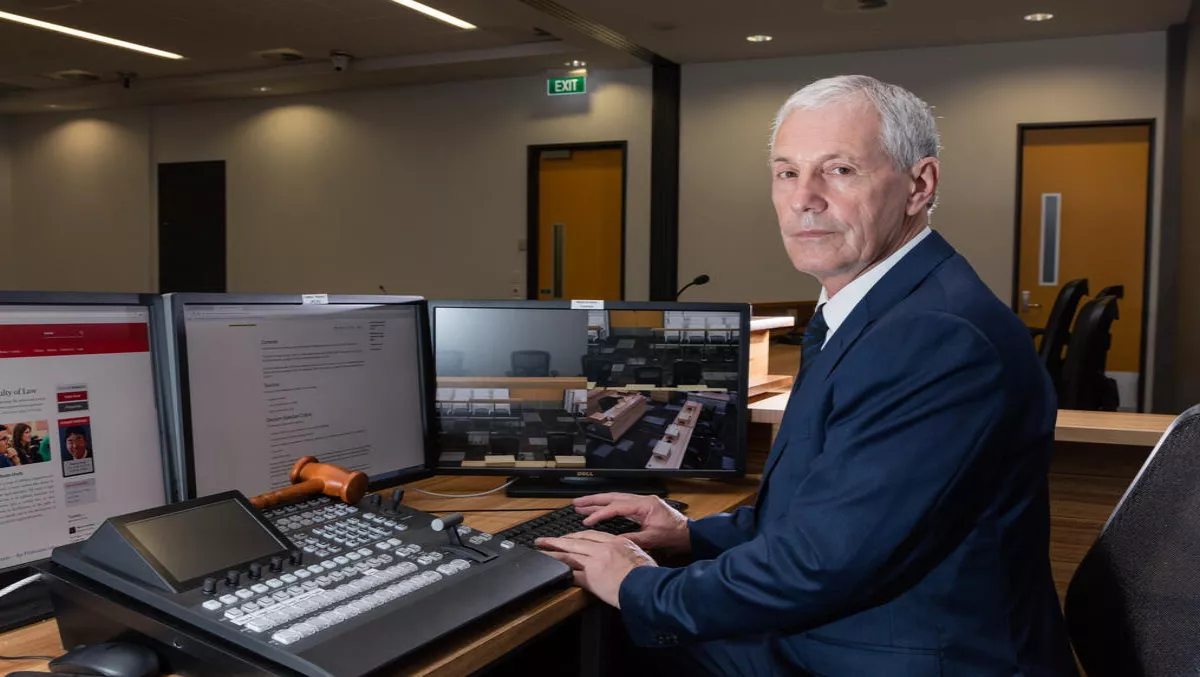
Waikato law academic encourages NZ to bring legal justice online
A Waikato University law academic wants New Zealand to establish an online court system, following England's path to making legal representation more accessible.
Les Arthur, senior lecturer and disputes specialist at Waikato University, believes his proposal to form an online court and increase Disputes Tribunals' monetary funds could bring more affordable legal representation to those who need it.
As it stands, people and SMBs can go to Disputes Tribunals if the disputed amount is less than $15,000, or $20,000 if all parties agree. Arthur is aiming to increase the jurisdiction to $30,000.
"There are lots of low-value disputes that range around $50,000 which are not worth going to the district court so there's a large gap. The ceiling could be increased to $50,000 and the legal rights of parties could be protected without the assistance of lawyers through the development of an online court," Arthur says.
In England, Court of Appeal Judge Lord Justice Briggs proposed an online court that would allow disputes up to £25,000 ($43,000 NZD) to be settled without the burdensome costs of legal representation.
It would also allow litigants to choose whether or not to have lawyers and all evidence would be included in an electronic file, made available to the court and all parties.
The electronic software would be able to help parties through grievance analysis, producing documents able to be understood by all parties and the decision maker. Arthur believes this method helps outline key facts and evidence when arriving at the Tribunal hearing.
"Appeals from the Tribunal, which should include errors of law, could be submitted electronically to a District Court Judge and in some circumstances a decision could be made on the documents. The online court system would resolve common disagreements over issues such as goods, services and property damage more quickly and easily," Arthur explains.
Arthur says the online system would also present challenges to those without access to a computer, but bringing in community agencies would help.
"An essential element of the development of an Online Tribunal would be the availability of voluntary agencies such as Community Law Centres or Citizens Advice Bureau nationwide to assist the computer challenged," he says.
Arthur currently teaches Legal Ethics, Mediation, Insurance Law and Advanced Civil Litigation at the University of Waikato. He has a background in private practice law and corporate counsel for Vero Insurance, as well as being a former Barrister and Solicitor of the High Court of New Zealand. He has also worked as Waikato University's Graduate Diploma in Dispute Resolution.


